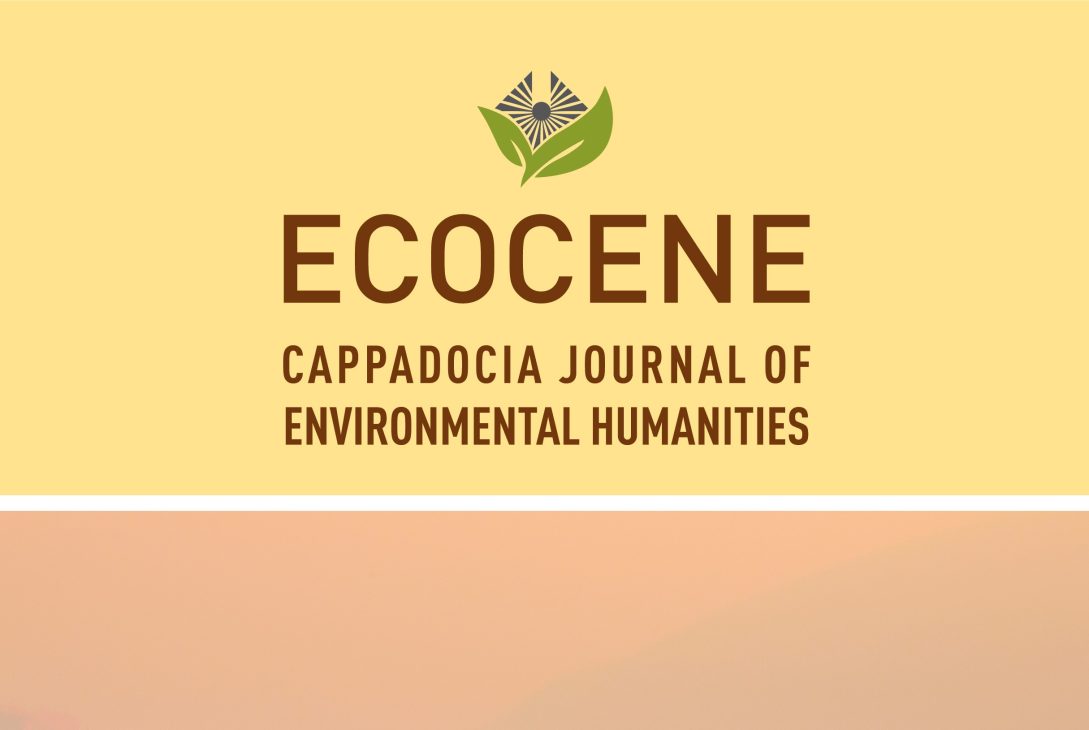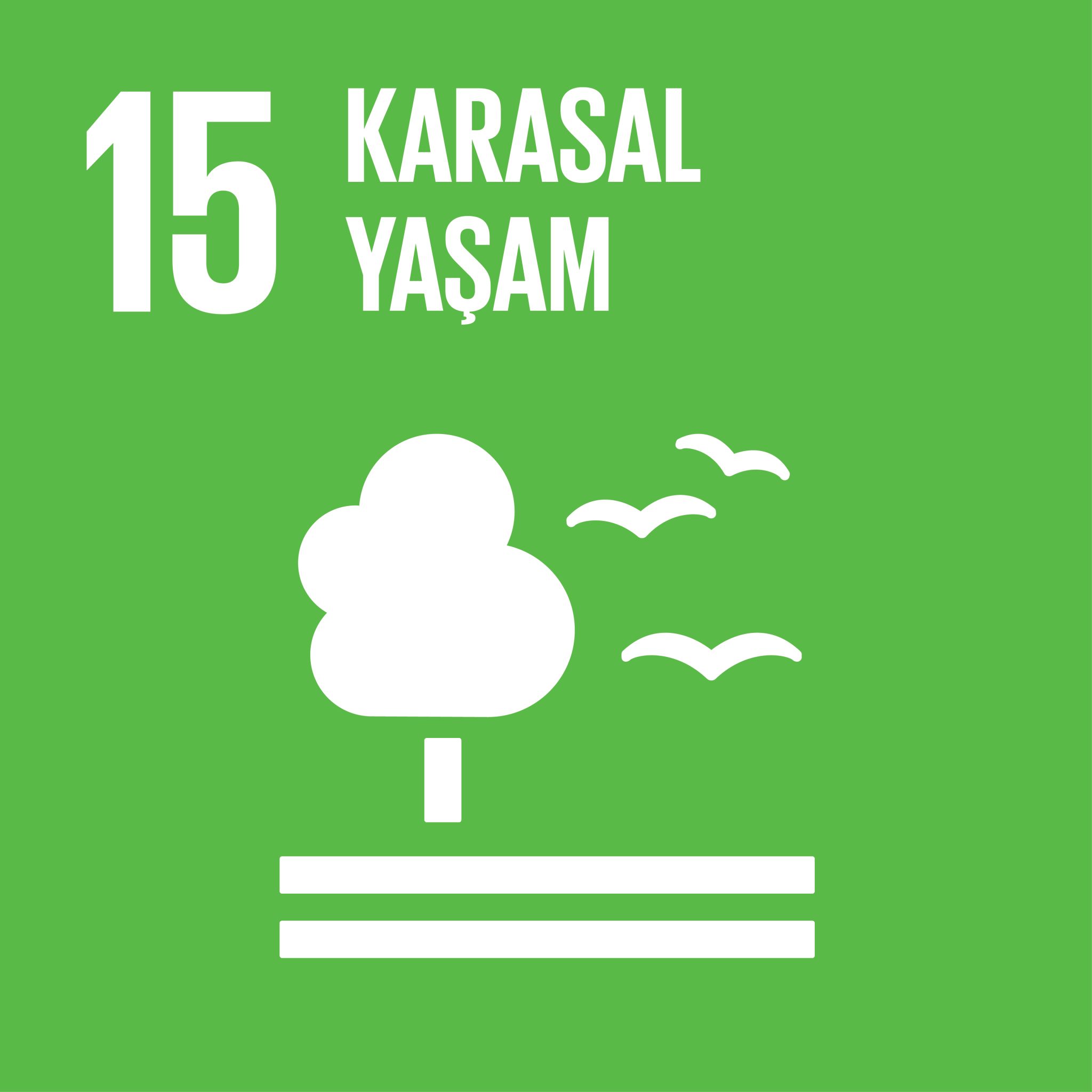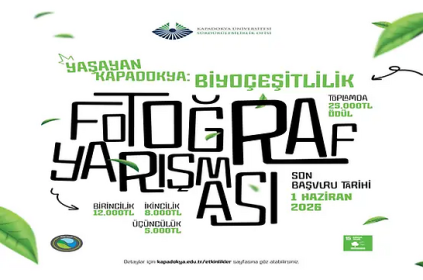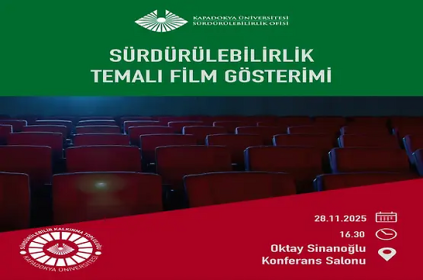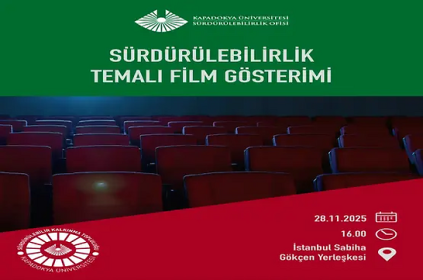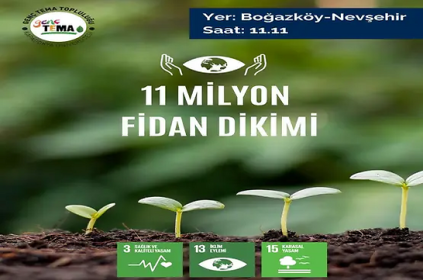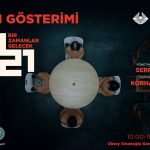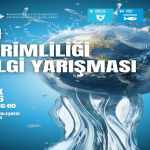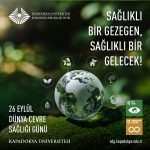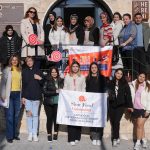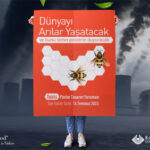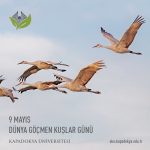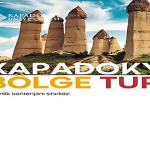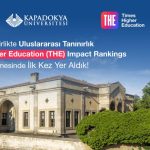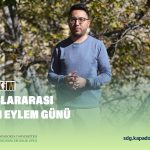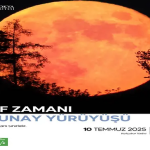Renée Hoogland tarafından kaleme alınan bu makale, yurttaş duyarlılığı (citizen sensing) ve toprak ekolojisinin anlatı mesafesiyle olan ilişkisi üzerinden çevresel farkındalığı incelemektedir. Makale, Cappadocia Journal of Environmental Humanities (Ecocene) dergisinde yayımlanmış olup anlatı kuramı ile çevre beşerî bilimlerini özgün bir şekilde bir araya getirmektedir.
Yeni biçimlerde ekolojik yurttaşlık ortaya çıkmaktadır. İnsanlar ekolojik açıdan zarar görmüş bir dünyaya uyanırken, aynı anda böyle bir dünyayı tahayyül etmekte zorlandıkları kaygan bir zeminde durduklarının farkına varmaktadırlar. Bu farkındalıkla, çevrelerini algılamaya yönelik düşük maliyetli teknolojiler kullanmaya başlamaktadırlar. Bu makale, bu tarz yurttaş duyarlılığına dayalı bir pratiği —2017’den bu yana süren Sounding Soil projesini— yakın okumaya tabi tutarak anlatı kuramı ile çevre beşerî bilimlerini bir araya getirmektedir. İncelenen bu algılama sürecinin merkezinde, insan sesi ile insan olmayan varlıkların duygusal durumu arasında net bir anlatı mesafesi kurmaya yardımcı olan toprak ekolojisinin temel ötekiliği yer almaktadır. Normatif çevresel söylem ve ekokritik geleneğin sınırlarının ötesine geçen makale, toprak gibi unsurların “ölçülebilir” kabul edilmesini sorgulayan ve anlatı mesafesini ön plana çıkaran bir yaklaşıma odaklanmaktadır. Bu bağlamda, yurttaş duyarlılığına dayalı anlatılar bedensel, yoğun, doğaçlamaya açık ve elementsel aciliyet taşıyan anlam üretim süreçleriyle iç içe geçmektedir. Sounding Soil projesinde duyusal yakınlık ile anlatı mesafesi arasındaki diyalektik gerilim, insan sesiyle indirgenemez olan, gezegensel anlatılar üretmektedir.
Bu yayının orijinali İngilizce olarak hazırlanmıştır. Makalenin tam metnine erişmek için tıklayınız.
Hoogland, R. (2022). “Citizen Sensing with Soil, and the Intimate Alterity of Narrative Distance.” Makale: Ecocene: Cappadocia Journal of Environmental Humanities, Cilt: 3, Sayı: 1, ss. 16–28.


